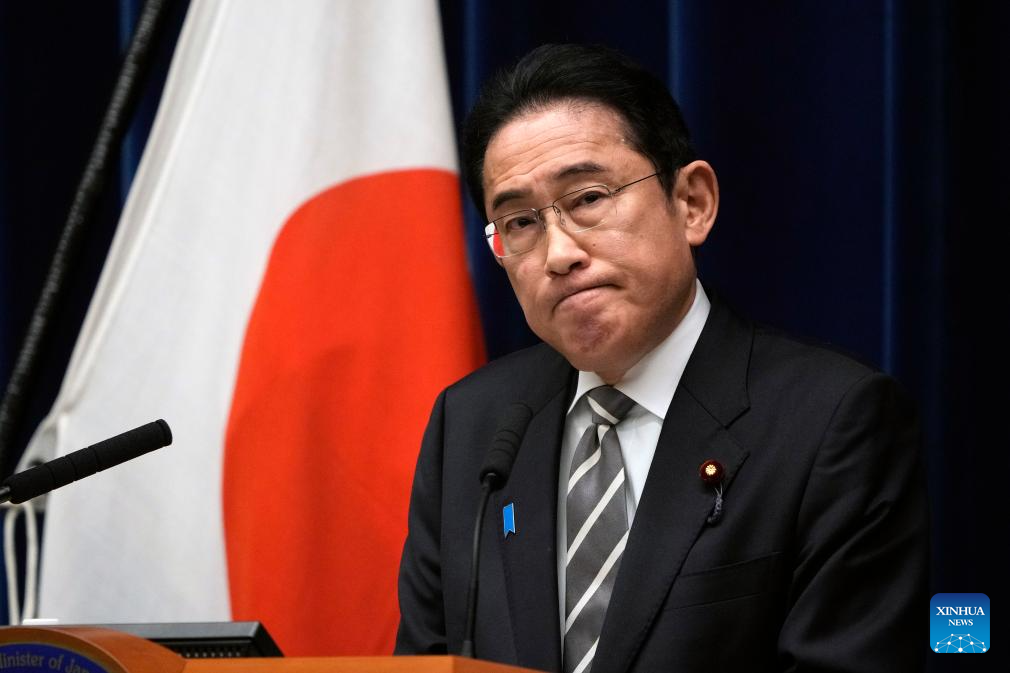Kishida faces uphill battle to achieve nominal GDP goals


Japan aims to achieve a nominal gross domestic product of approximately 1,000 trillion yen ($6.26 trillion) by around 2040, said Japanese Prime Minister Fumio Kishida at a news conference on Friday.
Japan’s nominal GDP for the first quarter of 2024 reached a record high of 598 trillion yen (annualized), close to the target of 600 trillion yen this year.
However, demographics indicate that the declining birthrate will accelerate, potentially plunging into a low fertility trap if left unchanged. The period up to fiscal year 2030 is considered the last chance to address the accelerating population decline, hence policies promoting child-rearing and related matters being advanced, Kishida said.
He noted that it is essential to maintain stable economic growth exceeding 1 percent a year in real terms throughout the 2030s. The continuation of efforts to convert elderly labor participation into the workforce and promote women’s transition to regular employment is crucial for enhancing Japan’s growth potential.
The news conference was held two days before the National Diet of Japan, the country’s parliament, is scheduled to end a 150-day session on Sunday. The Diet enacted key bills, such as a revised law to reform political funding rules in response to a slush fund scandal involving Japan’s ruling Liberal Democratic Party, despite strong concerns raised by some lawmakers and experts over loopholes in the bill.
The loopholes include the plan for politicians to explain how they spent funds by having to disclose receipts for policy activity expenses but only after 10 years have passed. Michiya Haga, a member of the House of Councillors from the Democratic Party For the People, pointed out that allowing such a long delay in reporting is open to abuse and will do little to dampen public anger over slush funds.
“Although the legal reforms represent a significant step, we acknowledge that the public may still see them as insufficient,” said Kishida on Friday. He emphasized that the path to political reform and restoring public trust is still ongoing.
Attention is now focused on whether Kishida can secure reelection in his ruling party’s presidential race, scheduled for around September.
According to a Jiji Press opinion poll, Kishida’s cabinet approval rating dropped by 2.3 percentage points from the previous month to 16.4 percent in June — the lowest level since the LDP returned to power in 2012.
During the news conference on Friday, Kishida also noted that, in an environment of rising prices, pension households and small businesses that cannot pass on cost increases face tough conditions. To address this challenge, the Japanese government will provide subsidies for utility bills for August, September and October as emergency support to cope with the intense summer heat.
Japan aims to lower the consumer inflation rate by an average of at least 0.5 percentage point per month until the end of the year, compared to what it would have been without these measures, he said.
jiangxueqing@chinadaily.com.cn
Today's Top News
- UN envoy calls on Japan to retract Taiwan comments
- Innovation to give edge in frontier sectors
- Sanctions on Japan's former senior official announced
- Xi stresses importance of raising minors' moral standards
- Coordinated reform key to country's growth
- Shandong gives new life to traditions






























